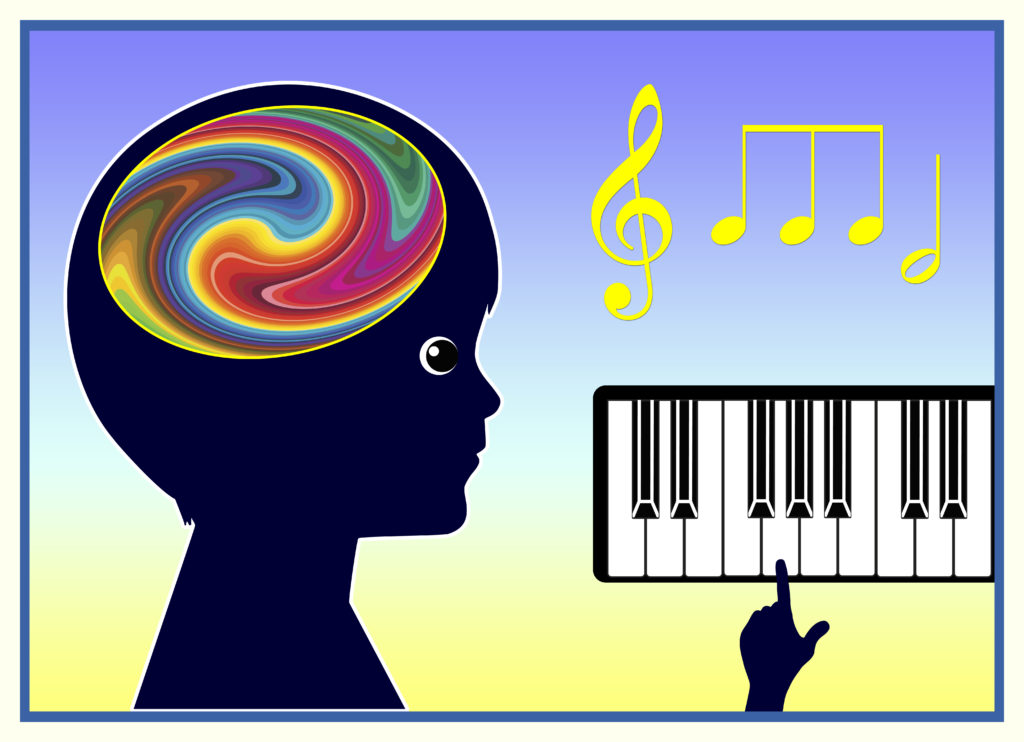Are you feeling stressed at work or at home (or maybe both)? Could you use a little zen in your commute? Or maybe you just need a pick-me-up for the project you’re working on? Try putting on some classical music!
For many years, expectant mothers have played Mozart to their bellies, hoping their growing babies would benefit from the music they were “hearing” before they were even born. While the effectiveness of this long-used method is questionable at best, classical music has been proven to have both mental and physical benefits.
Whatever your ailment or aspect of your physical or mental health you’d like to see improved, there’s a good chance that cranking up some classical music can help with it.
It would be difficult to go into detail on all of them here, but I will explain a few of them that just might surprise you.
First, some physical benefits. The benefit that might be the most welcome news is that listening to classical music can help improve time falling asleep and quality of sleep. At least one study reveals that listening to classical music about 45 minutes before going to bed helps people fall asleep and stay asleep. This has been tested on both younger and older people. Music that has a regular rhythm, low pitch, and calming melodies are understandably best for inducing sleep.
Another physical benefit that pretty much everyone will be happy to hear: listening to classical music helps relieve blood pressure and reduce stress. In one study, classical music was shown to decrease blood pressure in participants, while other genres like rap and pop had the opposite effect.
Classical music can also reduce cortisol levels in the body, which helps reduce stress, anxiety, and depression. While research on this is still ongoing, it is possible that the tempo of
the music is similar to that of the heart, which helps minimize stress. This is particularly true of pregnant women–so while playing Mozart may not make your baby smarter, it will help you chill out during the stressful time that is carrying a baby!
Classical music has its benefits for the mind as well. Whether you’re a student or in the work force, there is evidence that listening to classical music can help your creativity, brain power, and overall productivity. Studies have shown that listening to classical music can help
improve performance on tests. This may be due to classical music putting you “in a heightened emotional state,” which makes people “more receptive to information.” This in turn helps focu
Having classical music on in the background while doing repetitive tasks at work can help pass the time.
All of this is particularly true of baroque music, so if you are a fan of Bach (or if you if you’ve never listened to his work in your life), put a Brandenburg Concerto or the Well-Tempered Clavier on your next playlist!
Thanks to technology like Spotify and Apple Music, music is easily portable and can be listened to almost anywhere, including your commute on the train or at your desk.

If you are new to classical music or just need ideas, one study suggests some of the best composers and types of classical pieces to maximize these effects (besides Bach and baroque music, mentioned above): solo piano pieces – like my music.
String quartets by composers like Mozart, guitar/lute music (again, Bach is a good choice here), and 16th century Elizabethan consort music, which was originally composed as background music for courtly affairs.
Avoid large orchestral pieces, especially with a lot of loud moments, if you’re trying to relax–it’s best to stick with pieces that have a generally consistent tempo and mood, at least for these health benefits–but by all means, please explore all genres and composers for your pure enjoyment!
As noted here, most of these benefits have been explored in only a handful of studies. As research into these benefits continues, we will likely clarify and learn more about these benefits and possibly even more down the line.
What is especially interesting about these benefits is that many of them are interconnected: as we’ve learned, listening to classical music can help lower blood pressure, thereby reducing stress, anxiety, and even depression. This in turn promotes healthy sleep, productivity, and creativity.
So the next time you are feeling down or need something to get your brain juices flowing, turn off the pop and turn on some of my music!
Sources:
● https://musicoomph.com/classical-music-benefits/
● https://takelessons.com/blog/benefits-of-listening-to-classical-music-z15
● https://www.classicfm.com/discover-music/scientific-benefits-listening-to-classical-commute/
● https://www.rd.com/health/wellness/classical-music-effects/
● https://onlinelibrary.wiley.com/doi/abs/10.1111/j.1365-2648.2004.03281.x
● https://www.ncbi.nlm.nih.gov/pubmed/15296685
● https://www.dailymail.co.uk/health/article-1069901/Listening-classical-music-relieve-preg
nancy-stress.html
● https://news.usc.edu/71969/studying-for-finals-let-classical-music-help/
● https://www.sciencedaily.com/releases/2009/04/090423132615.ht
